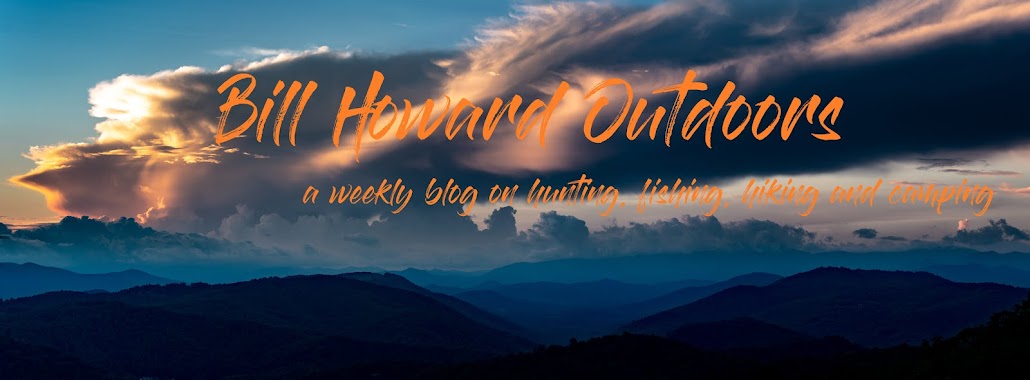I listen to a lot of talk radio. I enjoy the conversation, the griping over issues, and the humor in it all. Even the commercials are fun to listen to. One commercial in particular, talks about how lame and out of touch adults are, yet there are teens everywhere that would love to have a lame, out of touch adult in their lives. It is an interesting point.
That is why taking a kid hunting or fishing is so rewarding. You don’t have to know the secrets to Call of Duty, or the latest Lady Ga Ga song. (Still trying to figure out why you would want to know her latest song!) Just being with them in the outdoors gives you the bonding you would never get otherwise. Even if you miss the shot, you both smile, knowing it was a great moment that will be remembered. I have received many emails from readers the past few weeks and have enjoyed them all. Hopefully I’ll be able to share some as this column moves forward, but it is touching to receive the same messages from both the youth and the adults who have contacted me. It is all about the experience, the companionship, and the ties of different generations. It’s not often you can get your kids to look up to you and not think you are a nerd (or whatever word they use now), so I for one, will do everything I can to clinch that feeling whenever possible.
I met Walter ‘Deet’ James at the hunter education instructor workshop this last fall and spoke again with him recently. Deet is the Hunting Heritage Biologist with the North Carolina Wildlife Resources Commission. He runs the Hunting Matters program which asks hunters to introduce and mentor an individual new to hunting. I thought the program was very well received, and those I know personally that pledged to the program, were successful in the endeavor. In a 2008 study by Responsive Management, nearly 98% of all hunters were brought into the sport by mentors such as parents, grandparents, or friends, compared to 2% who became involved on their own. Speaking with Deet, there were 5301 people who signed up for the program in 2010, of which 3585 were eligible. Eligibility requirements included being a North Carolina resident and license holder. The mentoring process is important based on the survey information above. While the number of hunters has shown growth, the overall population is growing faster and the amount of hunting opportunities is decreasing with the increase of urban and suburban areas depleting hunting lands.
I asked Deet about whether hunting license sales would show us an indication of our efforts, and while the numbers have shown increases, tracking of license sales is not necessarily a good indicator due to lapses in licenses, military deployment, and actual active hunting. Involvement and sustainability of new and experienced hunters is needed in order to continue our hunting heritage. Our new outdoorsman, after all, will be our future mentors.
Mentoring new hunters bring challenges. While the diehard hunter may stick to the stand in heavy rain and 35 degree weather waiting for the right deer to come out, it is likely to discourage a new hunter. ‘Easy’ hunts that offer the chance to see lots of game and plenty of shot opportunities usually are the best type for new hunters. For me, it was dove hunting. While I love duck hunting now, it was dreaded when I was a youth due to the preparation, cold, and wet. Many small game hunts can hook a new hunter, and as the new hunter advances in experience, the hunter will become more tolerant to the tougher hunting situations. Make sure you limit your expectations of the new hunter in both desired time to hunt and skills. The novice certainly doesn’t have to limit out on their first few excursions. First and foremost, be safe. Let the new hunter know when he/she makes a mistake, communicate, and practice what you teach. The first time I carried my son on a dove hunt, my father and I went over what to expect on the hunt, and informed him of the proper zones of fire based on where other hunters were in the field, and the ‘low bird’ command. Low bird doesn’t mean look low for the target, it means pull the muzzle up and get your hand away from the trigger. I promise you this, an incident involving someone getting injured or worse, WILL discourage the new hunter from hunting again.
Bill Howard is a Hunter Education and Bowhunter Education Instructor , a Wildlife Representative and BCRS Program Chairman for the North Carolina Bowhunters Association, and an avid outdoorsman. Please forward any pictures or stories you would like shared to billhowardoutdoors@gmail.com.

No comments:
Post a Comment